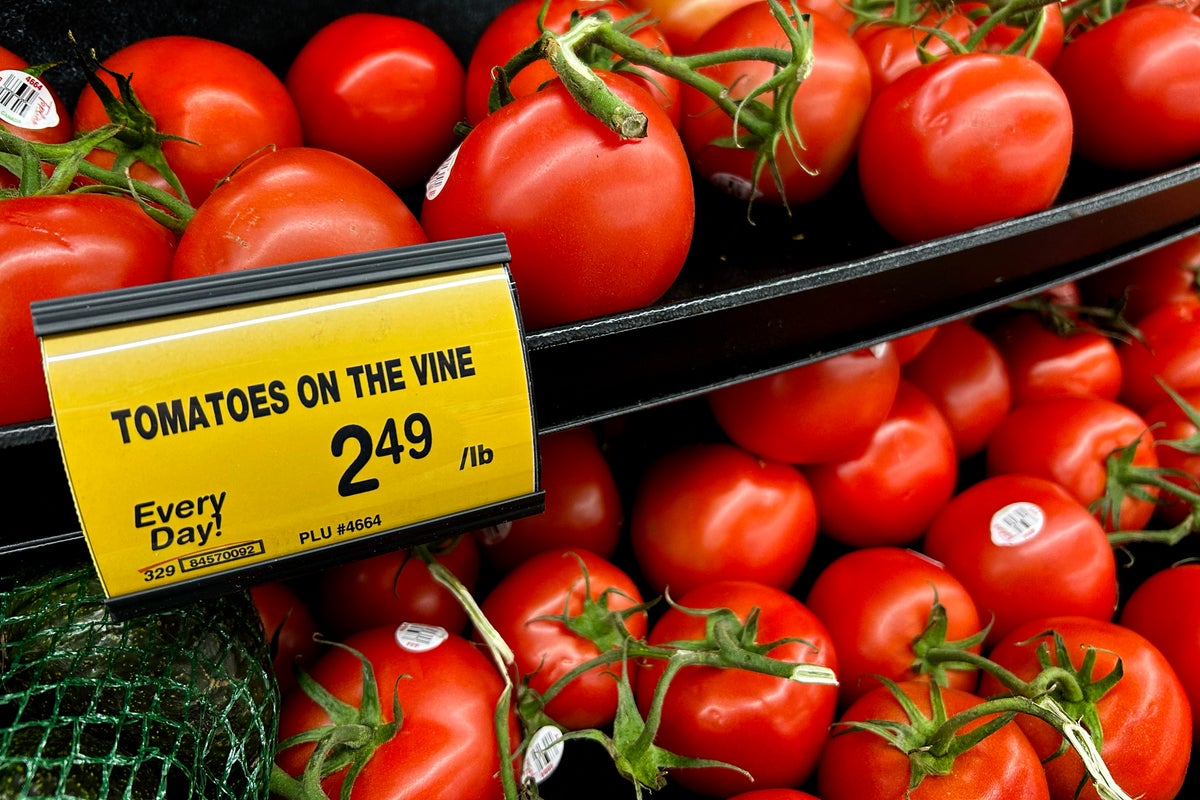Trump Introduces 17% Tariff on Mexican Tomatoes: Impact on Prices Looms
- Small Town Truth

- Jul 15
- 2 min read

In a significant shift in trade policy, President Donald Trump has announced a 17 percent tariff on tomatoes imported from Mexico, marking the end of the long-standing Tomato Suspension Agreement. This change has left consumers and restaurant owners anticipating higher prices for this staple item.
The new tariffs went into effect as the United States withdrew from the nearly 30-year-old trade deal, which was designed to manage tomato imports and protect domestic growers. Secretary of Commerce Howard Lutnick stated, “American farmers have been crushed by unfair trade practices,” emphasizing that the prior agreement did not adequately shield U.S. tomato producers.
Lutnick further remarked, “That ends today,” asserting that this tariff aligns with President Trump's broader trade strategy concerning Mexico. The 17 percent import tax specifically addresses concerns over unfair pricing of Mexican tomatoes in the U.S. market.
Trump's tomato tariff aims to protect U.S. farmers (REUTERS)
This latest tariff is a continuation of the administration's tumultuous approach to trade, which analysts attribute to contributing factors behind rising inflation, which hit 2.7 percent in June. Experts predict that increased prices at supermarkets and dining establishments will soon follow.
Business owners are expressing concerns about the toll these tariffs will take on their operations. Teresa Razo, who manages two Argentine-Italian restaurants in Southern California, warned, “I give it three months, and then we go bankrupt.” Justin De Leon, co-owner of Apollonia’s Pizza in Los Angeles, echoed these sentiments, describing the current environment as one of “instability” and “fear.”
Approximately 70 percent of the tomatoes consumed in the United States are sourced from Mexico. In 2023, imports of fresh tomatoes from Mexico reached around $2.5 billion. According to the Bureau of Labor Statistics, the average cost of field-grown tomatoes for U.S. shoppers stood at about $1.70 per pound in May 2025.
Timothy Richards, a professor at Arizona State University, predicts a potential rise of about 10 percent in fresh tomato prices, while demand may see a decline of approximately 5 percent. Importantly, the Mexican government has denied allegations of dumping tomatoes at low prices, attributing their market success to the quality of the produce.
Increased tariffs could affect tomato prices significantly (AFP via Getty Images)
Proponents of the tariff believe it will benefit domestic tomato growers, particularly in Florida. However, Mexican officials have stated that substituting the large volumes of tomatoes imported from their country would be virtually impossible.
In light of these developments, Mexican authorities have expressed their intent to negotiate a new agreement to mitigate the impact on their producers and assist in finding alternative markets for their tomatoes.
The imposition of tariffs is not a new issue for the U.S. tomato industry, which has been engaged in disputes with Mexican competitors since 1996, alleging harm to American growers. The previous agreement had resulted from a U.S. trade court ruling aimed at addressing these concerns, with tariffs being established conditionally several times over the years.
.png)